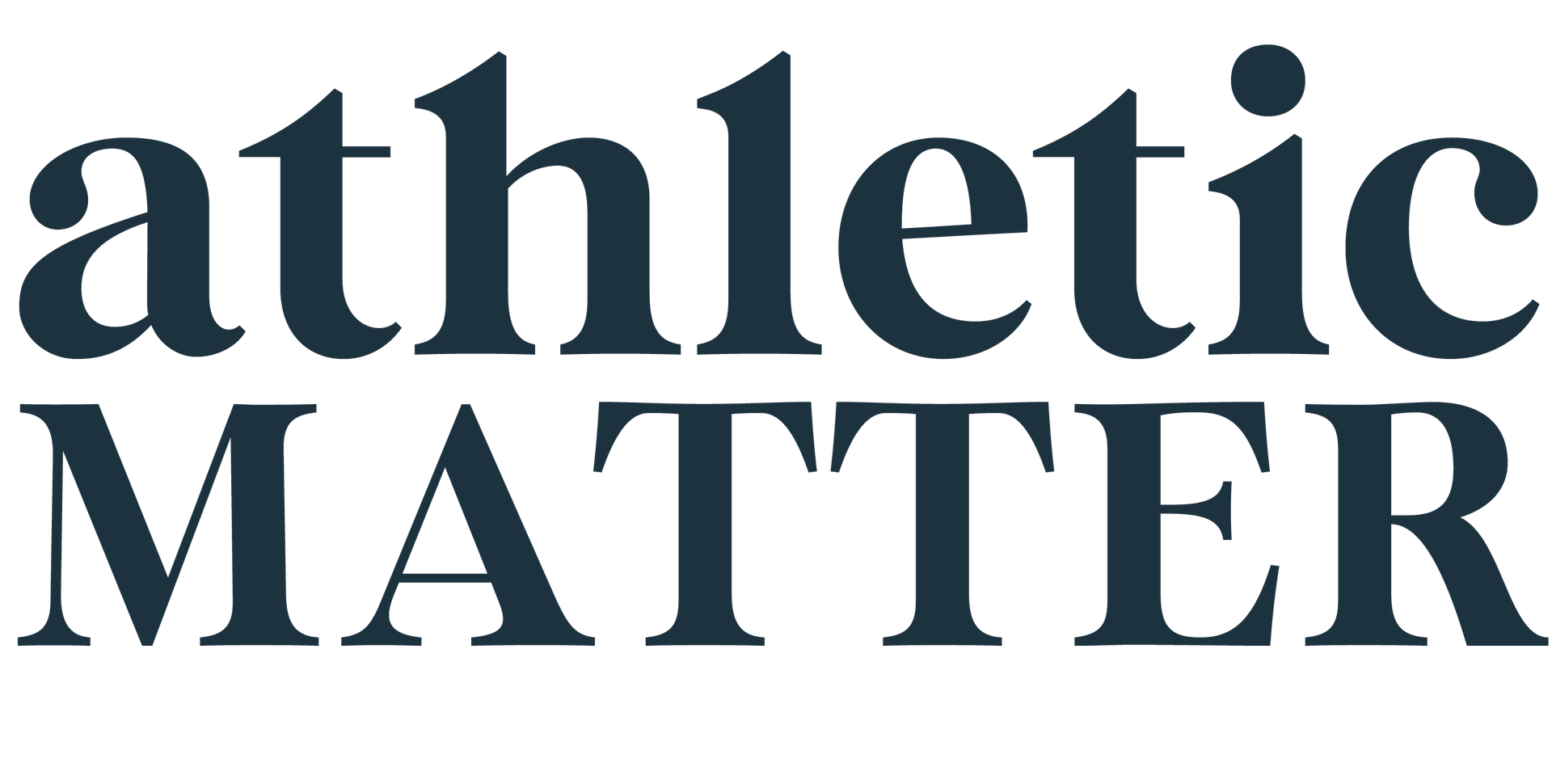The controversy around intuitive eating and weight loss
Although intuitive eating has been applied for years on end, recently we have seen a lot of practitioners market intuitive eating as a weight management tool, and as a superior to traditional diets.
Let us start by defining what is intuitive eating. IE is eating with focus on physiological hunger, and satiety cues [internal cues] [1], instead of focusing on emotions, food availability, cravings by sense, and serving sizes [external cues] [1].
Intuitive eating is listening to our body’s internal signals in order to supply resources when needed.

How does this contradict with body composition goals?
Disrupting the body’s homeostasis is key to driving change; the human body is in a constant battle to maintain a stable internal environment by regulating hormones, water balance, body temperature, etc.
Whether the goal is weight loss or gain, changes in energy balance need to occur either by limiting food intake (caloric deficit), or by increase it (caloric surplus).
Most of the studies adopting an intuitive eating approach failed to show any significant difference in energy intake, bodyweight changes, blood pressure, blood glucose, and cholesterol.
[2]
[3]
Body composition and hormones
Two of the hormones that seem to play an important role in the regulation of body weight, and food intake, are leptin, and ghrelin. [4]
Leptin has an appetite-suppressing role, while ghrelin functions as an appetite enhancer.
Studies have shown that, as we try to lose weight, leptin levels drop significantly after a few days from energy restriction, and that may be due to carbohydrate restriction [4], on the other hand ghrelin (hunger signaling hormone) levels increase [6] making it harder to lose weight as we spend more time in an energy restricted phase. In addition, the opposite happens with weight gain where leptin (satiety signaling hormone) levels increase [7].
Referring back to the intuitive eating approach that promotes listening to our body’s hunger, and satiety cues, adopting this method most probably will not be effective neither in weight loss, nor weight gain, since our body will be sending signals that oppose what we are trying to achieve.
Many people wonder if they should feel any hunger when attempting to lose weight and vice versa, when trying to gain weight satiety signals will be increasing and this is normal due to changes in leptin/ghrelin concentrations.
If intuitive eating is not optimal for weight loss or weight gain, what is it supposed to do?
Findings by Clifford and colleagues [2] showed that intuitive eating approaches enhanced psychological outcomes (Lower depressive symptoms, improved disordered eating patterns, emotional wellbeing, and self-esteem)
Therefore, intuitive eating and mindful eating are more weight neutral approaches with several psychological benefits especially for people that experience deprivation (strict diets) and weight cycling (Yo-yo dieting) looking to change their eating behavior.
Secondly, the goal is to enhance someone's relationship with food, body image, and food-related anxiety.
Lastly, this is not by any means attacking anyone who practice intuitive eating, what we are trying to do is to spread awareness on the topic and differentiate between body composition-oriented goals and psychologically enhanced outcomes.
-
References
Describe the item or answer the question so that site visitors who are interested get more information. You can emphasize this text with bullets, italics or bold, and add links.






